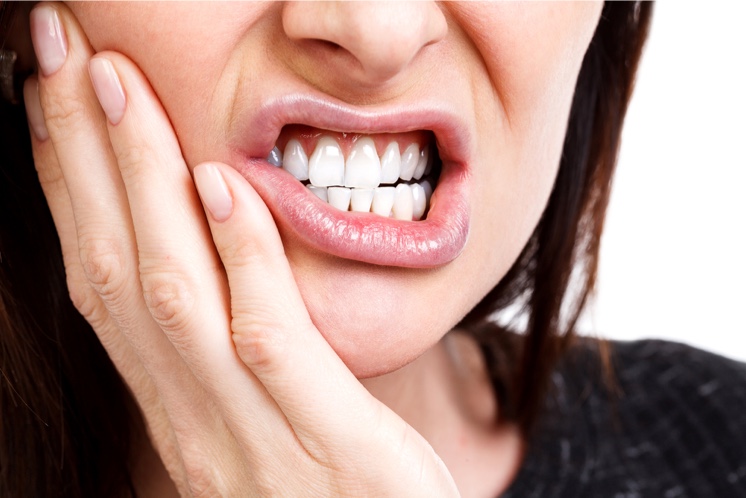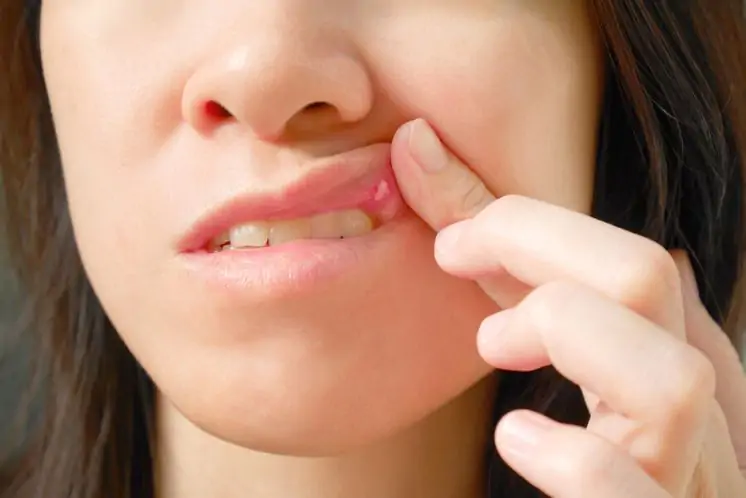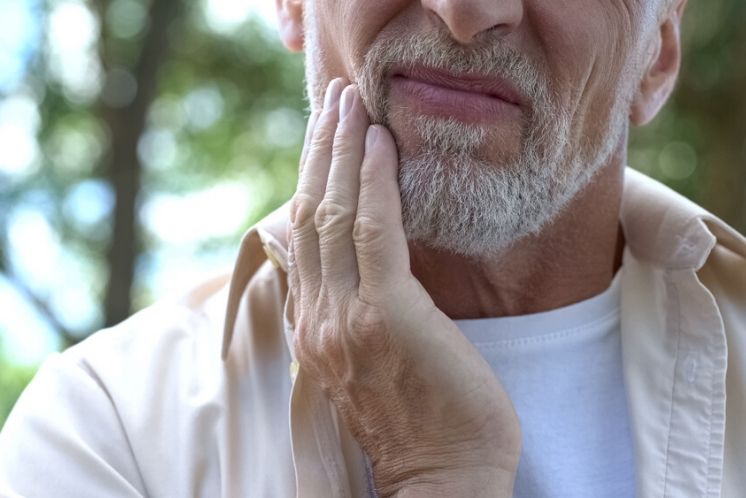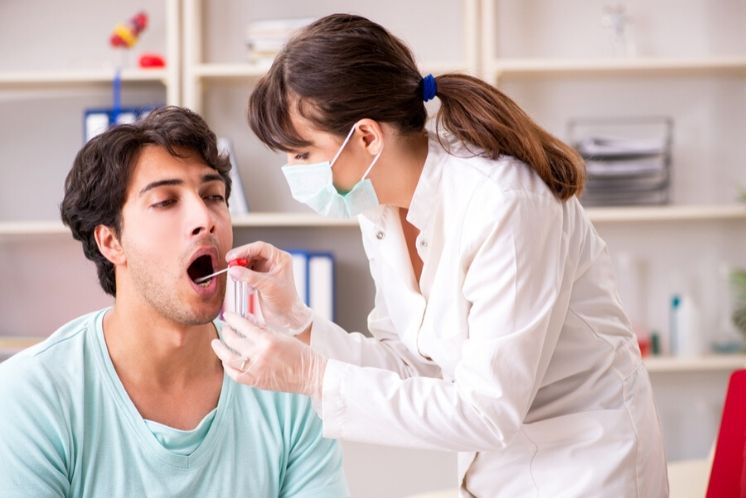Problems caused from grinding teeth

Most people clench their teeth now and then. Grinding your teeth occasionally does not cause harm, but when you do it regularly, it becomes a harmful habit known as bruxism. In this article, we explain in detail the causes and treatment of bruxism. Now we focus on its consequences.
Since bruxism normally occurs during sleep, many people are not aware of it. However, a dull constant headache or jaw or cervical pain may be revealing symptoms of bruxism. The dentist may detect signs of bruxism on examining your mouth, such as sensitivity or an excessive wear and tear of teeth.
If it is not treated, bruxism may cause damage to teeth and complications that go beyond oral health.
Consequences of bruxism:
- Loss of enamel and hypersensitive teeth.
- Worn down and broken teeth.
- Inflammation of jaw muscles and hypertrophy of masseters (chewing muscles)
- Temporomandibular joint disorders.
- Headaches and earaches.
- Sleep disorders.
All these disorders can be prevented or avoided with early identification and corrective treatment indicated by a specialist. Healthy lifestyles and the reduction of stress contribute very positively to the mitigation of bruxism.
Most people clench their teeth now and then. Grinding your teeth occasionally does not generally cause damage, but when it happens regularly, teeth can be damaged and other oral health complications can arise.
Bruxism, to a great extent, is caused by stress and anxiety, and often occurs during sleep. Another cause may be an abnormal bite or the absence of teeth.
As normally happens during sleep, most people do not know if they grind their teeth. However, a dull constant headache or jaw pain on getting up or cervical pain may be revealing symptoms of bruxism.
The dentist may detect signs of bruxism on examining your mouth, such as sensitivity and an excessive wearing down of teeth.
If chronic bruxism is not treated, it may give rise to fractures or the loosening or loss of teeth Worn down teeth may be so severe that it is necessary to place crowns, bridges, dental implants, partial dentures and even full dentures to rehabilitate them.
The treatment that will be recommended by the dentist will be to place a stress-breaker mouth guard to protect teeth and avoid continued grinding. If the cause of bruxism is stress, it would be advisable to seek options to reduce such stress.
Other tips to help halt bruxism are to avoid or reduce food or drinks containing caffeine and to avoid alcohol and chewing gum, since they encourage the jaw muscles to become more used to grinding, increasing the probability of bruxism.








